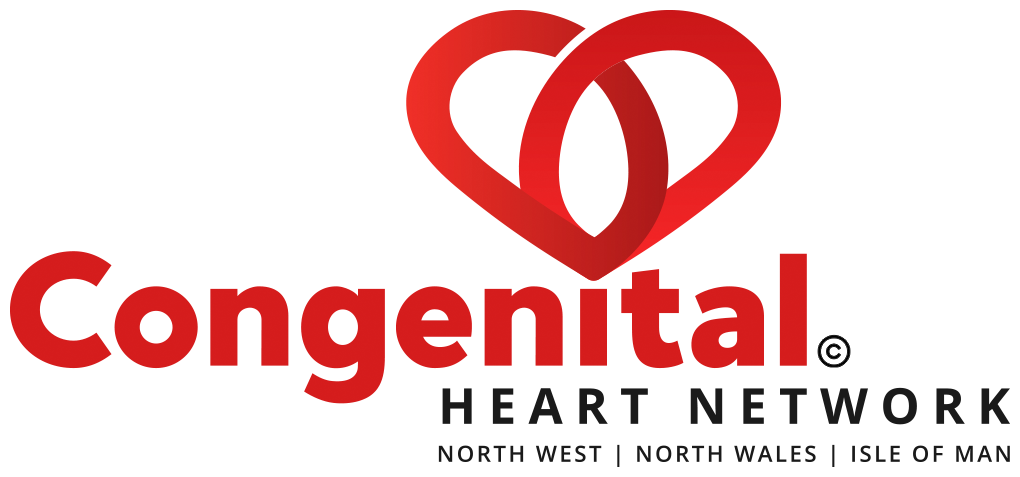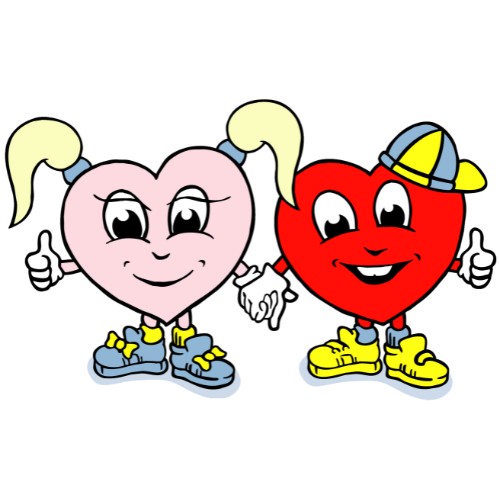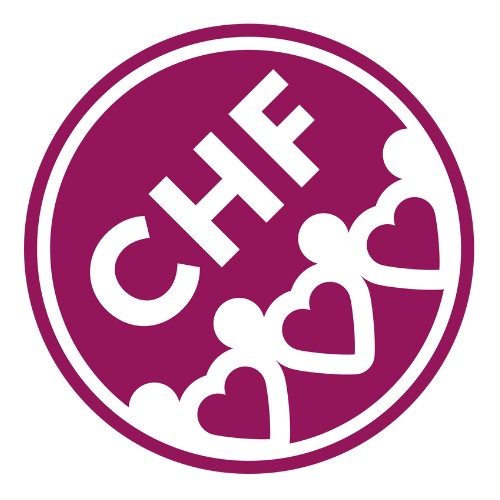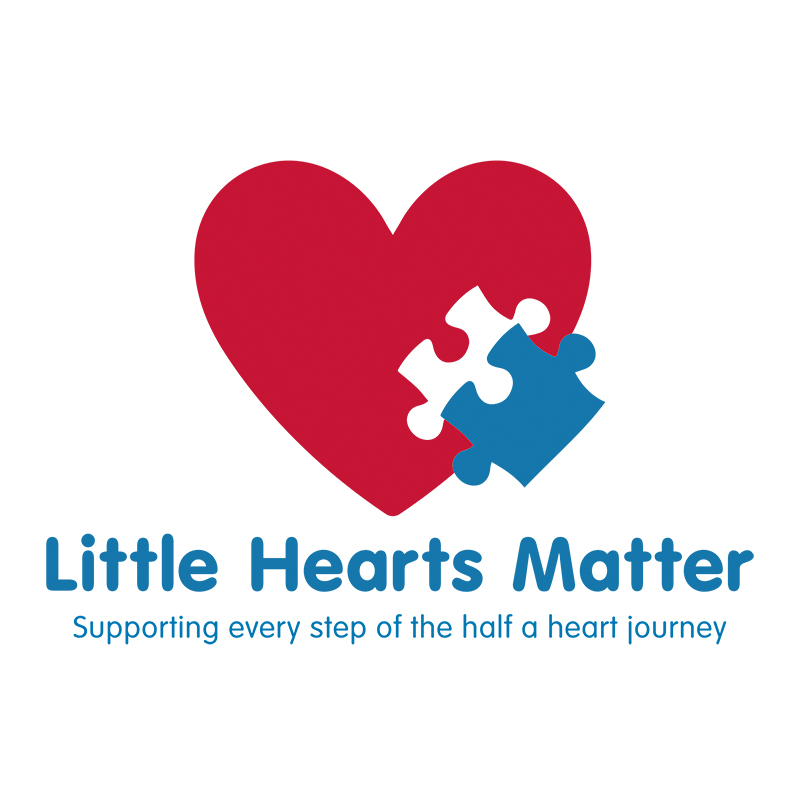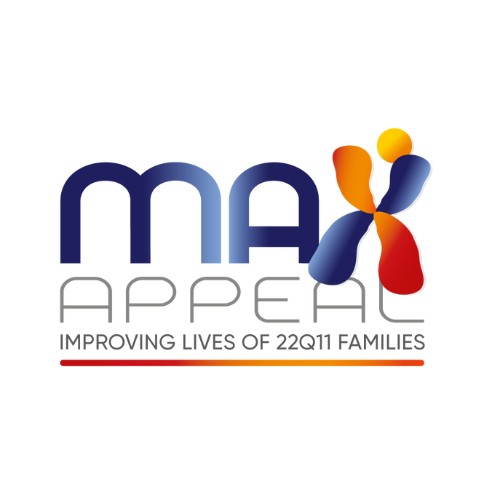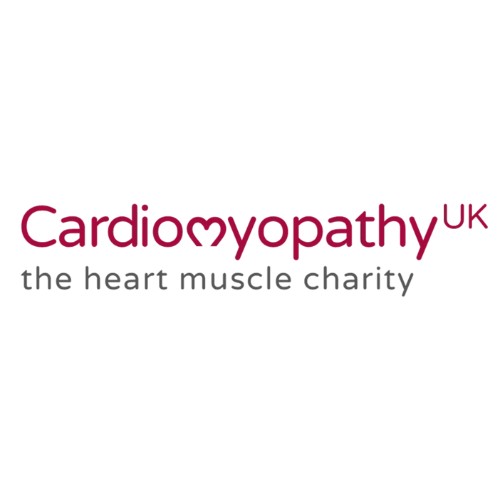How do we look after babies and children with a heart problem
We look after babies and children with a variety of heart problems, including congenital heart disease, inherited heart problems and heart problems that children develop after birth, such as:
- Problems with how the heart has formed in early pregnancy resulting in abnormal “plumbing”
- Problems with the electrical activity causing heart rhythm problems
- Problems with how the heart muscle pumps causing it to become weak

Congenital heart disease affects about eight in one thousand babies that are born and refers to any problem with the heart that develops before birth. These can range from very simple defects that may not cause a problem, such as a small hole in the heart, to very serious defects that may be life threatening. Heart conditions vary in severity and need to be looked at individually. Having a child with a heart problem can be an emotional and challenging experience for parents and the wider family. The journey may be marked by a mix of fear and hope.
What is congenital heart disease?
How do we find out a baby or child has a heart problem?
It is possible to find a problem with your baby’s heart before they are born. Please click here to find out more
Sometimes a heart murmur can be found by chance when a doctor listens to your child’s chest. A murmur is an extra heart sound that the doctor can hear. It is very often ‘innocent’ which means the heart is completely normal and there is nothing to worry about. Only a small number of children have something more serious wrong with their heart. Your child will only be referred to a heart specialist for further assessment if this is required.
When a child or baby is unwell it may be because they have an underlying heart problem. If this is suspected your child should be referred to a heart specialist who will arrange for them to be seen in clinic. Referrals are assessed and are seen according to how serious the problem is.
Occasionally a baby or a child may become seriously ill quite quickly. They will often present to an accident and emergency department if this happens. If it is felt that there is an underlying heart problem, then they will be referred for emergency treatment to the specialist heart team. There is a specialist heart doctor on call 24hrs a day to deal with all emergencies.
Which hospitals provide specialist care for children with heart problems?
In the North West of England, North Wales and the Isle of Man we have several hospitals that look after children with heart problems. We call this a Network. In our Network we have the following hospitals.
Royal Manchester Children’s Hospital
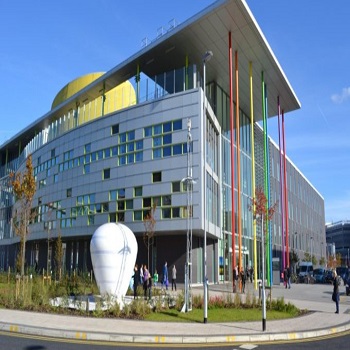
A full team of doctors and nurses and other health professionals provide both inpatient and outpatient care. It does not provide any surgery or catheter procedures for children with heart problems.
Find out more: Cardiology - Royal Manchester Children's Hospital
Alder Hey Children’s Hospital

A full team of doctors, nurses and other health professionals provide specialist heart surgery and catheter procedures for children.
Find out more: Cardiac - Alder Hey Children's Hospital Trust
26 Peripheral clinics
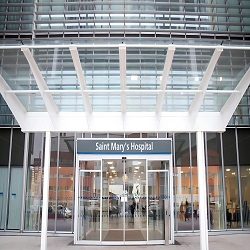
We have 26 hospitals that provide specialist cardiac clinics for children in local district general hospitals. These clinics are run jointly by a paediatrician with expertise in heart disease and a Consultant Cardiologist from either Alder Hey Children’s Hospital or Royal Manchester Children’s Hospital.
See All Hospitals
Types of doctors you might see
Paediatrician
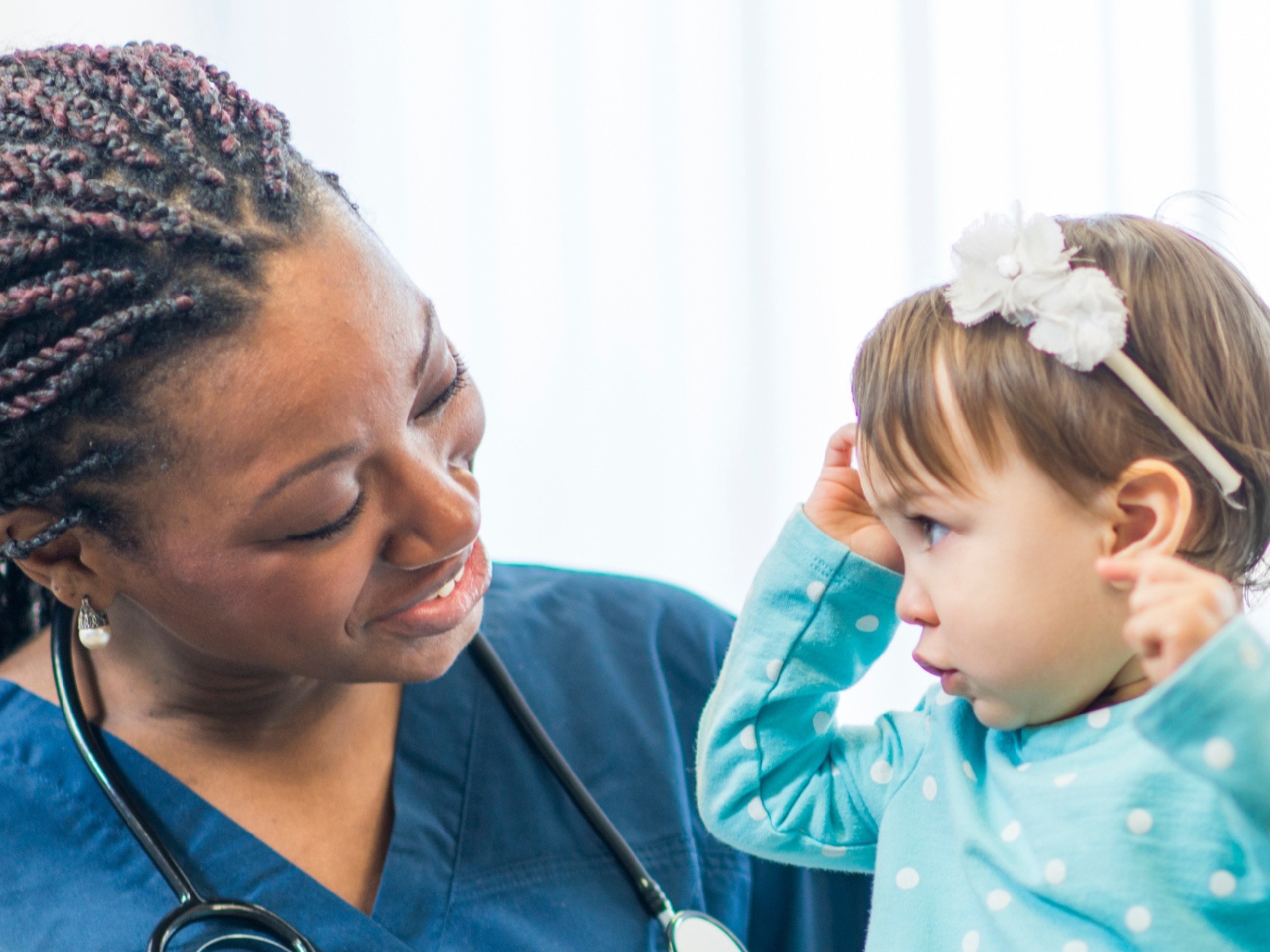
Paediatricians are doctors who manage medical conditions affecting babies, children and young people. Your child may be referred to a paediatrician who will be able to reassure you that everything is normal. If they think that your child needs to see a specialist, they will arrange for this to happen.
Paediatrician with expertise in Cardiology (PEC)

Paediatricians with expertise in cardiology are doctors who are experts in treating babies, children and young people. They are also able to diagnose and manage simple heart problems. They run local heart clinics near to where you live and are supported by the Consultant Cardiologists from the specialist centres.
Paediatric Consultant Cardiologist
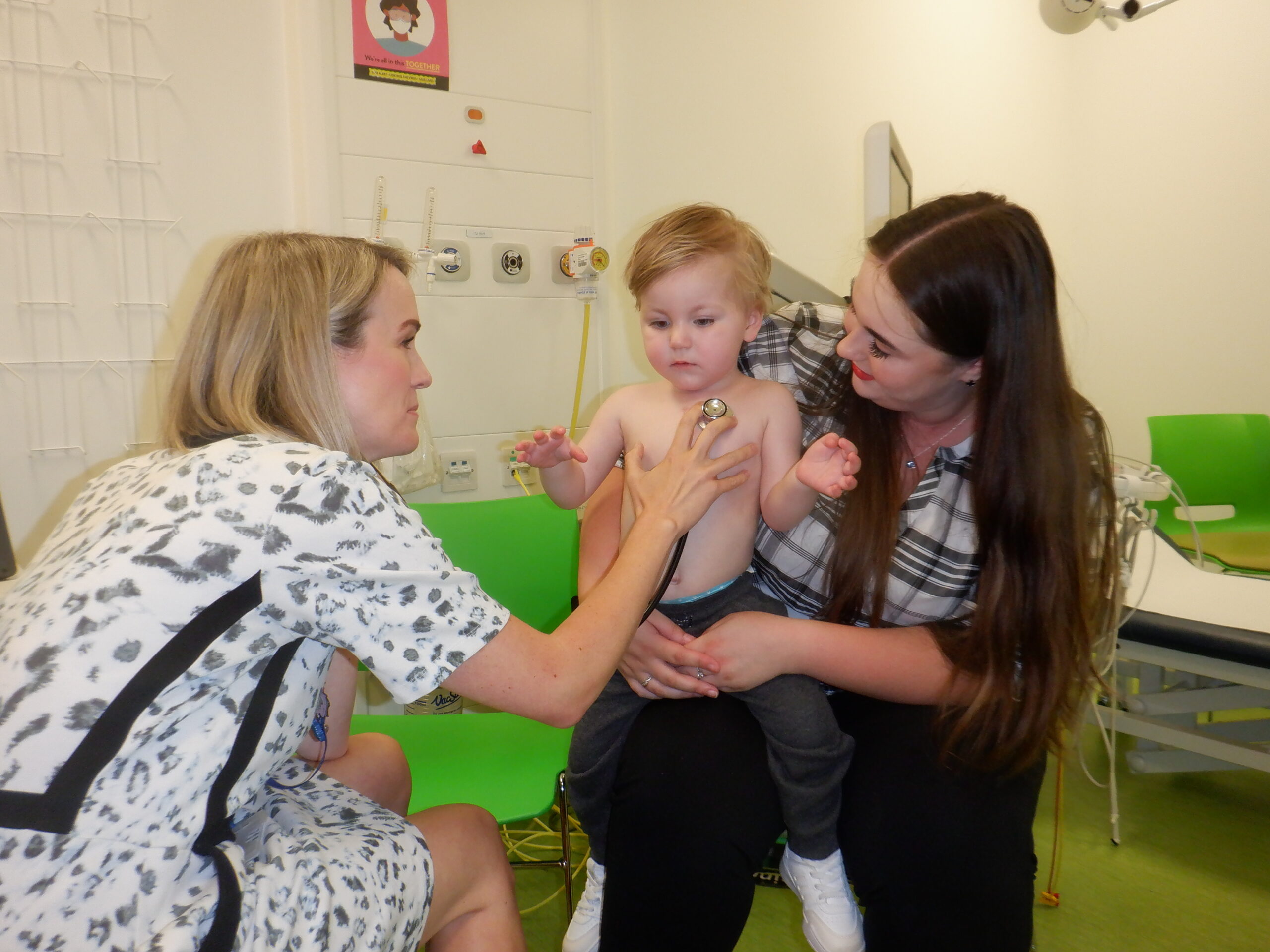
Paediatric Consultant Cardiologists are specialist heart doctors who are experts in treating babies, children and young people with the most complicated and severe forms of heart disease. They are based at either Alder Hey Children’s Hospital or Royal Manchester Children’s Hospital. They may see your child in a clinic nearer to home and work alongside the local PEC.
How will my child’s heart problem be treated?
The treatment for heart conditions depends on the type and severity of the heart problem. Many babies diagnosed with a heart problem don’t need any treatment. Some children may require medication only and others may need to have a heart operation. A catheter procedure can be done instead of surgery in some cases. Your heart doctor will explain to you what is wrong with your child’s heart and what treatment options are available. Some children will need life long care and follow up and may need further treatments as they grow up into adult life.
Unfortunately, there are still some very complex heart problems that cannot be fixed back to a normal circulation. In cases of severe heart disease all options will be discussed with you including the option of referring your child to palliative care. In severe cases of heart disease parallel care is offered. This is where you are referred to the palliative care team whilst your child is receiving active treatment for their heart problem. This is where everyone is hoping for the best outcome but also preparing for the possibility that your child might not survive. The heart team and the palliative care team are both experts at supporting you at this very difficult time.
How will my child’s heart problem be treated?
What happens next?
Routine follow up
If everything is stable and your child is doing well your heart doctor may choose to review your child in the clinic at regular intervals.
Further tests
Your heart doctor may decide that more tests are needed to understand how the heart is working. This sometimes results in a decision to add or change medications or treat the heart condition with a heart operation or procedure
What tests might my child need?
Your heart doctor will assess your baby or child and will decide if any tests are needed to help them understand what is wrong with their heart. Tests are sometimes used to monitor how they are doing. The doctor will explain what test is required and why. These tests may include:
Echocardiogram (Echo)
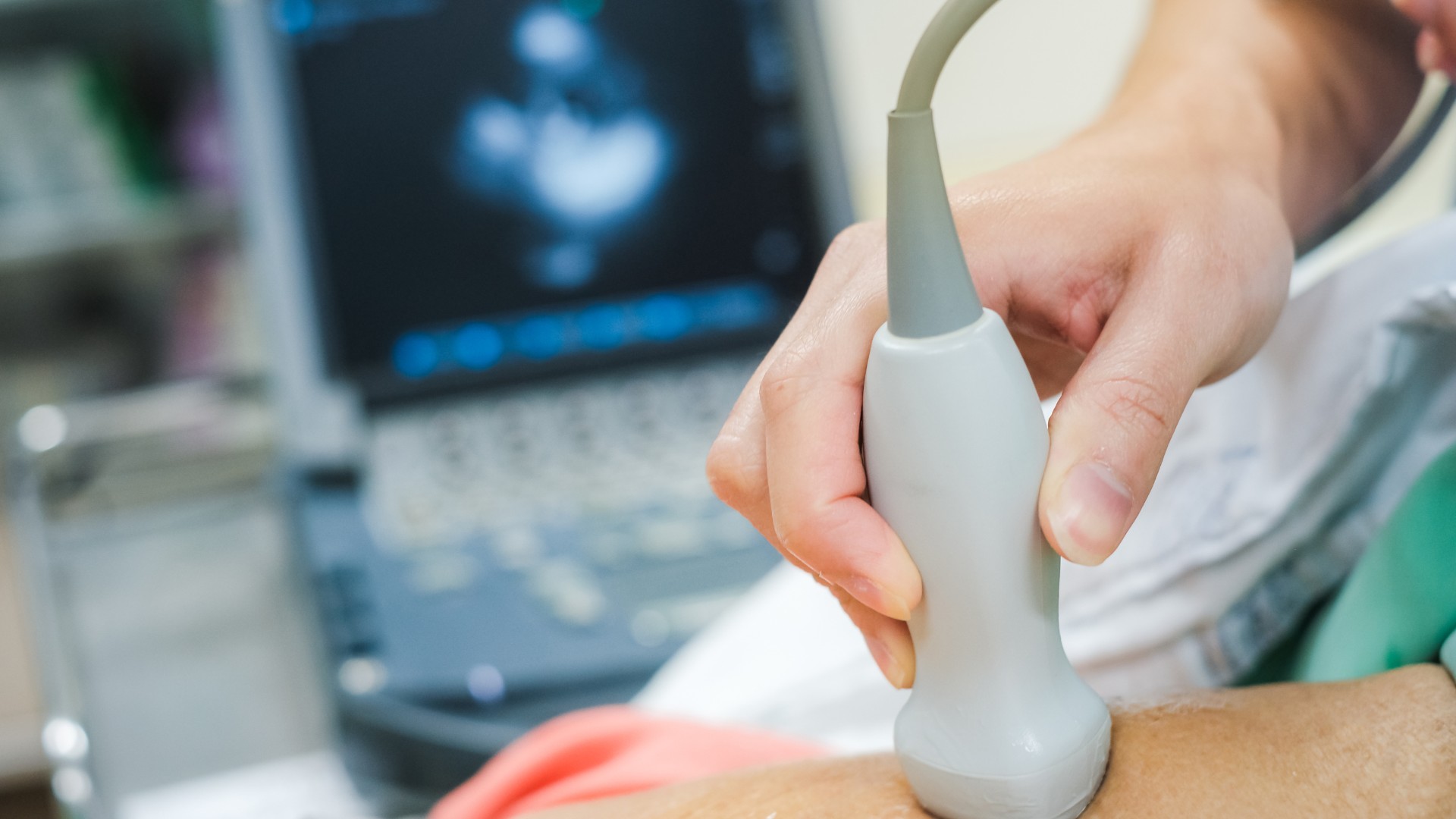
This is a test using an ultrasound machine to look at how the heart is pumping and to look at the heart valves and blood vessels. It is sometimes called an ‘echo’ and is usually performed when your child comes to the clinic. Ultrasound scans don’t hurt but to get the clearest pictures we need to use jelly on your child’s skin, which they might find cold and sticky.
Electrocardiogram (ECG)
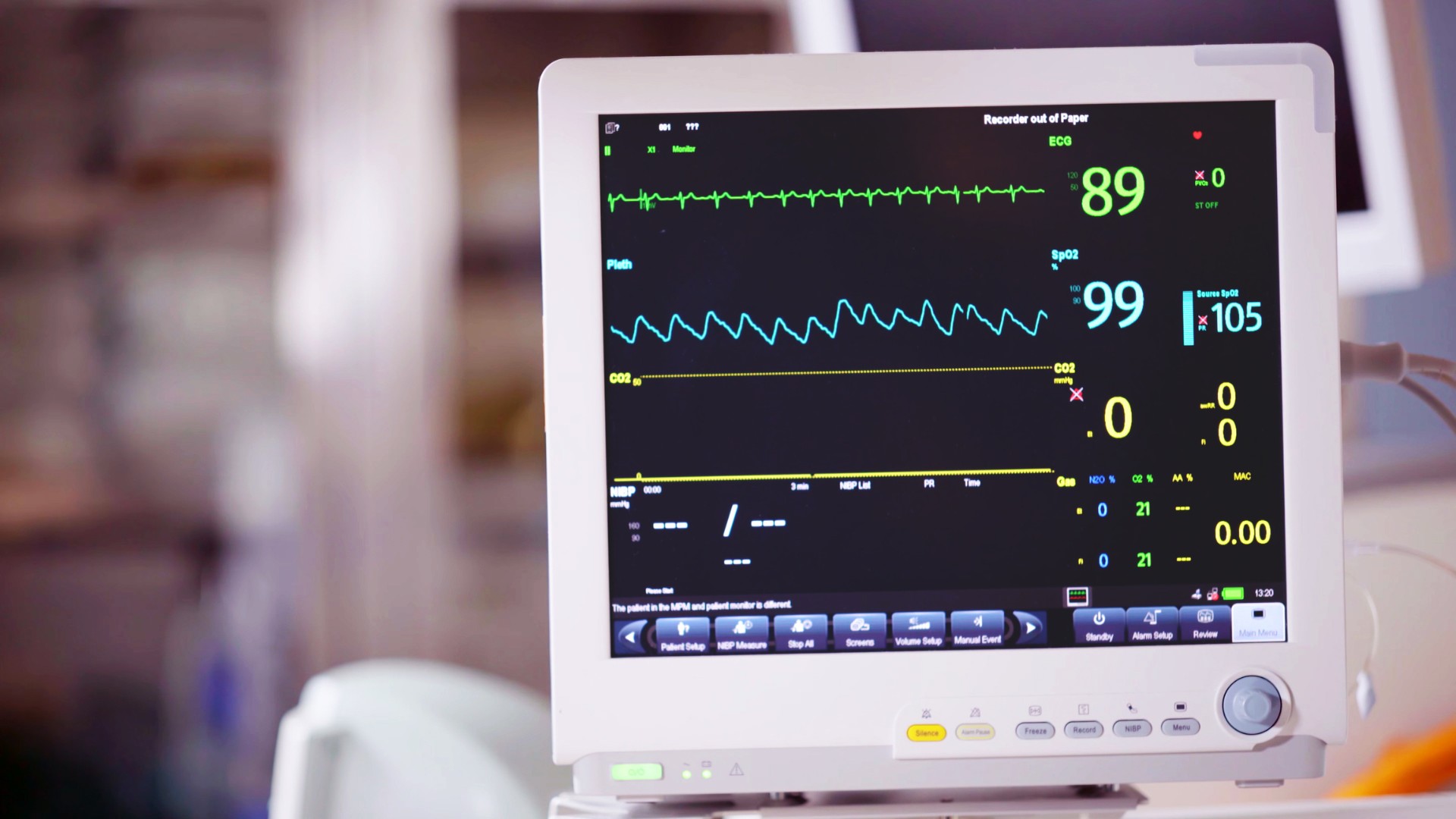
This involves attaching electrodes (special stickers) to the arms, legs and chest area. It records the electrical activity of the heart. This is often done each time you come to the clinic. It can sometimes be done as recording over a day or up to a week.
CT Scan
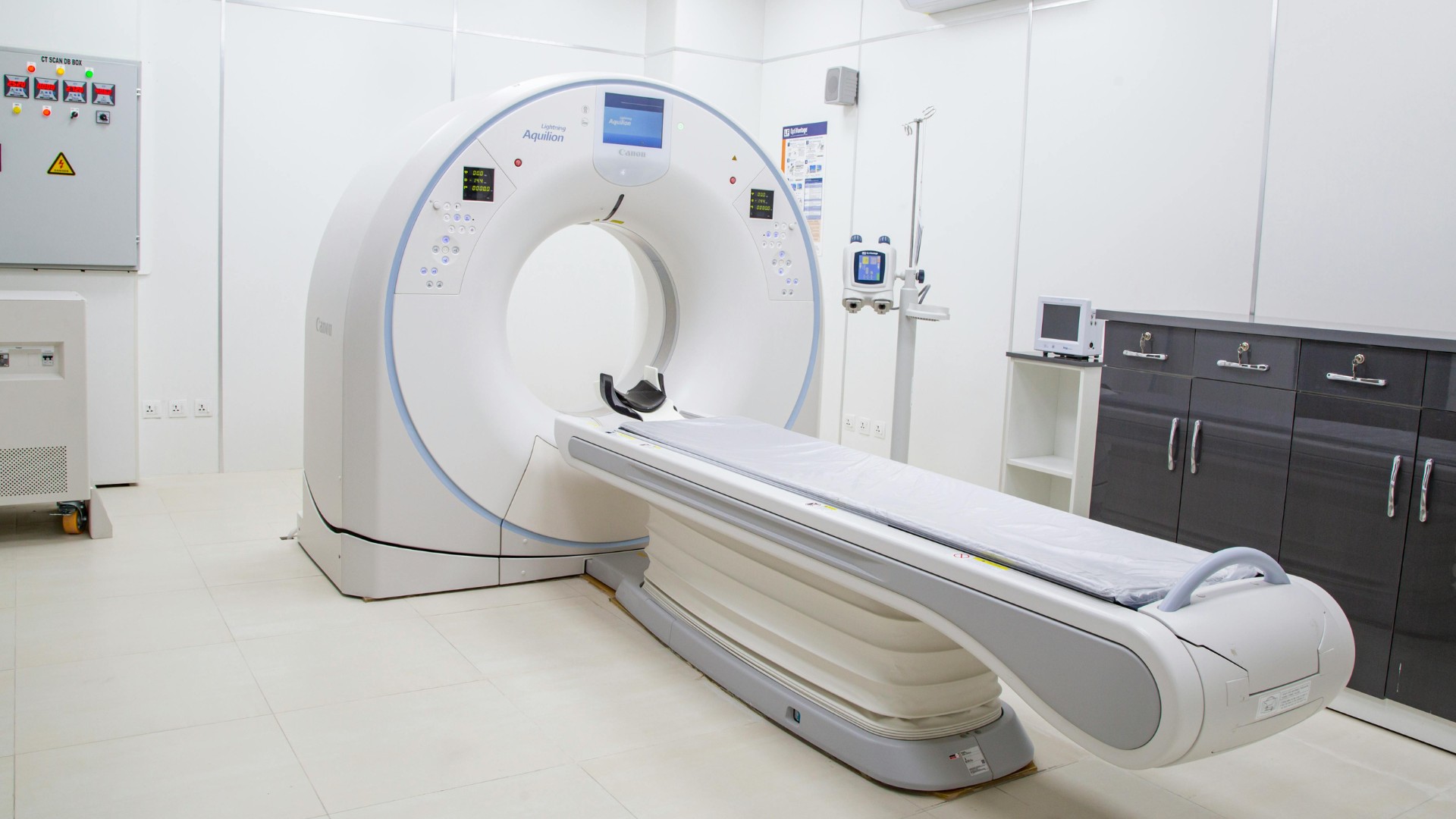
A CT scan uses X-rays to look at the heart and blood vessels. It is used when certain areas of the heart or blood vessels cannot be seen well on the echo scan. Sometimes, they may need to give your child an injection of a special dye that makes the images even clearer. They can use ‘magic cream’ to numb the skin beforehand. You can stay with your child during a CT scan.
MRI Scan
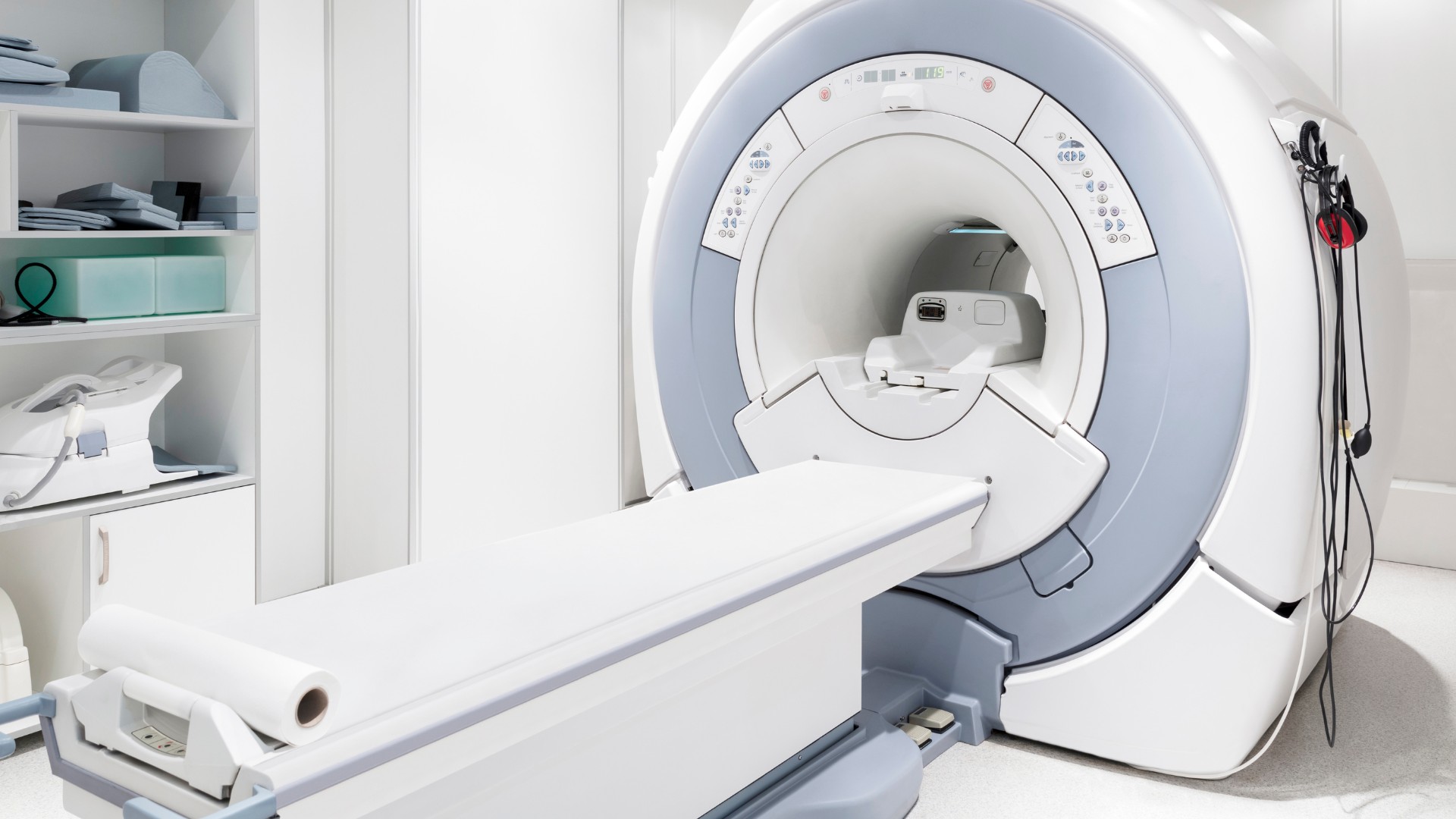
An MRI scan uses a strong magnetic field. It’s important that your child doesn’t have anything made from metal either on them or in their pockets. An MRI scan takes longer than other scans, but patients can watch a film or listen to music to help them relax. It can make quite loud banging noises which are quite normal. If your child is too young or unwell to be able to lie still during an MRI scan, they may need a general anaesthetic.
My child has been discussed at the MDT Meeting. What might the outcome be?
Once all the tests have been done your heart doctor may want to discuss your child’s case at the multidisciplinary team meeting (MDT). This meeting is held every week with all the experts from around the region. This is where they decide together what is the best way to treat your child especially if they need an operation or a procedure.
Decision to treat medically
This means that the doctors do not think an operation, or a catheter procedure is needed at this time. They will continue to monitor your child in the clinic. They may recommend adding to or changing their medication.
Decision to treat with a heart operation
This means that your child is being considered for a heart operation. You will receive an appointment to attend a pre-assessment clinic where you will have the opportunity to meet one of the Heart Nurse Specialists. They will give you lots of practical information about having a heart operation and what to expect. They will discuss with you the operation that is being planned. Your child will be put on the waiting list for a heart operation at Alder Hey Children’s Hospital.
Click here for more information Cardiac Surgery Information Leaflet – Alder Hey Children’s Hospital Trust
Decision to treat with a cardiac catheter
This means that your child needs a catheter procedure (a keyhole procedure performed through the blood vessels in the groin). A catheter procedure can be used to treat structural problems with the heart and electrical problems with the heart rhythm. You will receive a letter informing you of what procedure is required. and will be seen in a pre-admission clinic by the Heart Nurse Specialist. They will explain all about the procedure and what to expect. Your child will be listed for this procedure at Alder Hey Children’s Hospital.
Click here for more information: Cardiac Catheterisation – Alder Hey Children’s Hospital Trust
Referral for complex heart failure management and transplant assessment
Who is available to help?
Nurse Specialists
Are specially trained children’s nurses with expertise in heart disease in babies, children and young people. There is a team of specialist nurses based at both Alder Hey Children’s Hospital in Liverpool and Royal Manchester Children’s Hospital in Manchester. They are available Monday to Friday for help and advice via a helpline. They can help you understand your child’s heart condition, the medicines they need to take and are available to help with any problems no matter how small or big. They can be contacted via the helpline numbers below:
Alder Hey Children’s Hospital

For non-urgent enquiries:
Cardiac helpline 0151 252 5291
For urgent queries outside of normal working hours:
Contact Alder Hey Children’s Hospital switchboard on 0151 228 4811 and ask to be put through to ward 1C for advice.
Royal Manchester Children's Hospital

For non-urgent enquiries:
Cardiac helpline: 0161 701 0664
For urgent queries outside of normal working hours:
Contact ward 85 out of hours on 0161 701 8500/8501
How can I get involved?
Are you interested in helping to improve the care patients receive and in particular to improve the experiences of patients and their families? Please take a look at our Patient and Public Voice Group page to see what they do and how to get involved.
What Support is Available and How to Access It
How to Use Play
How to Talk to Your Child About Their Heart Problem
Useful links
Children's Heart Association
Children's Heart Association
Children's Heart Federation
The Childrens Heart Federation
Little Hearts Matter
Little Hearts Matter
Max Appeal
Max Appeal
Cardiomyopathy UK
Cardiomyopathy UK
Please click here for more charities that you may find helpful.
Click here to view our information leaflets.
Please take a look at our Patient and Public Voice Group page to see what they do and how to get involved.
